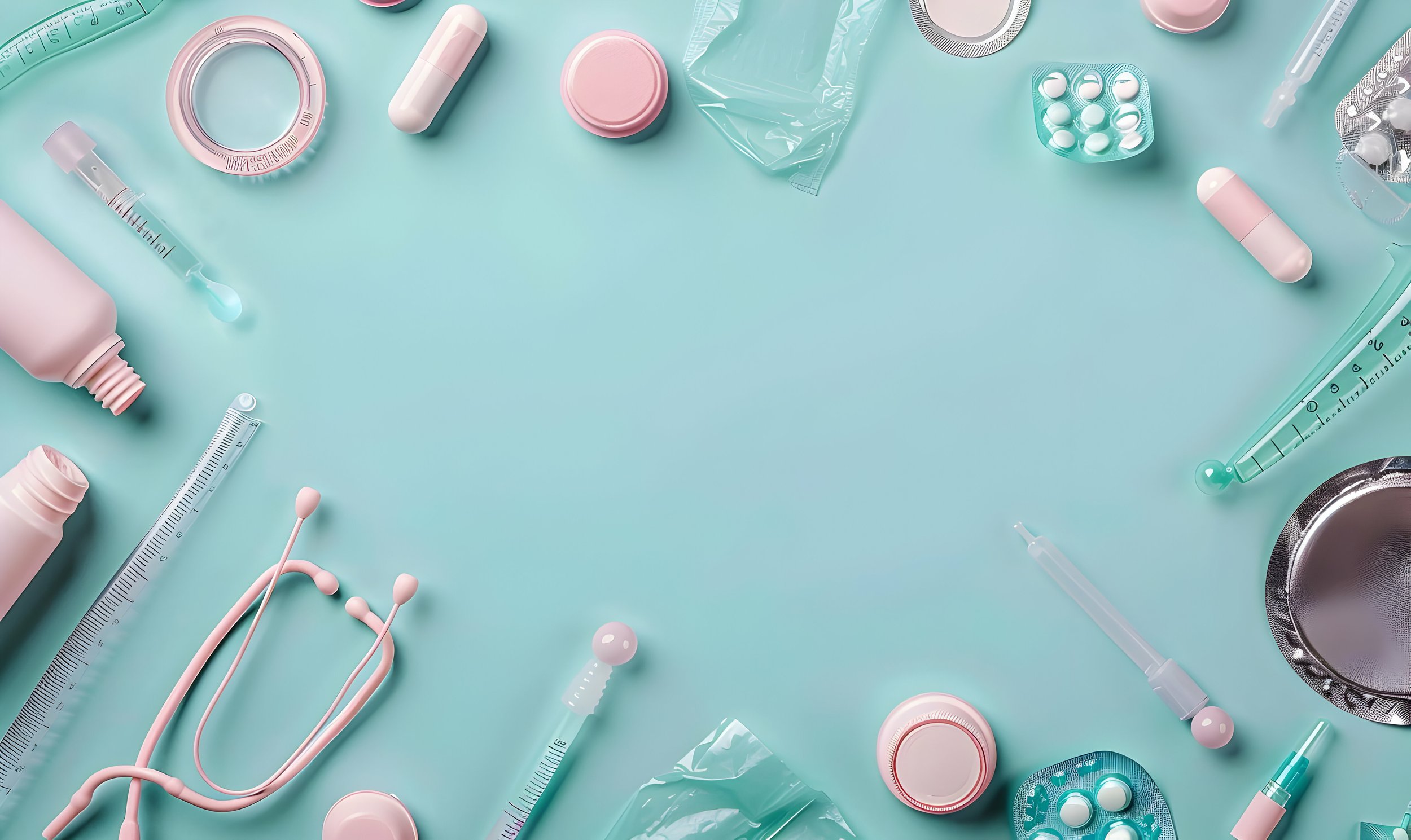
Sexy Resources
Your go-to guide for sexual health testing and my trusted resources for sex workers, clients, and the general public. Discover the importance of regular testing, what to expect during a sexual health check-up, and where to access reliable information in NSW and across Australia.
While I provide information and discuss topics related to sexual health, I am not a medical professional and do not offer medical advice or diagnosis.
Sexual Health Testing
If you are a person who is having sex with other people, regardless of whether you see sex workers or are a sex worker - you should be getting sexual health tests regularly. Regular testing is so important because timely treatment will reduce the risk of further complications and the chance of being susceptible to other STIs. It’s also the responsible thing to do for not just your own health, but that of the broader community.
-
How regularly you get tested will depend on the amount of sex you are having, the type of sex, who and how many people you are having it with and the harm reduction or ‘safer sex’ strategies you use. It’s best to speak with your GP or the sexual health clinic to determine the frequency that best suits you. For example, I get swabs and bloods done (ie. the whole lot) every three months because I have access to free testing and I prefer the peace of mind.
-
What happens in a sexual health test will vary depending on whether you present with symptoms or not. If you don’t have any symptoms, the GP or Sexual Health Nurse will give you a swab for your genital area, and separate swabs for your throat and/or anus. Usually these swabs are ‘self-applied’, which means you can swab yourself privately in the bathroom or doctor’s room. You will also be given blood pathology forms, where a nurse will take your blood (usually from the underside of your elbow/forearm). Depending on the advice of your doctor, you can decide to do both swabs and bloods every time - or some people do swabs more frequently than bloods.
If you are presenting with a symptom (or aren’t sure if something is a symptom), the doctor may perform a physical examination where they will swab the affected area for you. The doctor won’t usually give you a diagnosis on the spot, but may give you their perceived ‘potential cause’ for the symptom. Results usually come back in a few days, and you’re either texted that you’re negative - or you might get contacted to return to the clinic (usually this is the case if the results are positive) to discuss results and potential treatment options. Don’t freak out if they do want you to come in for a discussion, sometimes this could be to discuss other health concerns (like low iron) that your GP may have been testing for at the same time. And regardless, most STIs are treatable - so it’s not the end of the world if you do return a positive result.
-
In NSW (and in many other places across the country), there is the option to go to clinics where they provide free and anonymous testing. This means that you a) don’t have to pay / don’t need medicare and b) you don’t have to provide any personal identification. This is a good option if you’re worried about disclosing your personal information and/or the costs of seeing a doctor is inaccessible for you (ie. you don’t have medicare, or there’s a ‘gap’).

Resources and Support.
Resources and Support.
For sex workers:
-
Scarlet Alliance, Australian Sex Workers Association, is the national peak body for sex workers and sex worker organisations. I work at Scarlet as the National Programs Manager, and I look after our programs for sex workers - one of these being SANTP (an education program for sex work outreach and advocacy). I recommend becoming a member and following us on social media to gain the most from our services.
-
Red Book is a program that Scarlet Alliance offers ‘STI and BBV’ information for Sex Workers. There is a list of all different STIs and other sexual health information and skill-share.
-
The sex worker outreach project (SWOP) is NSW’s peer based sex worker organisation. If you’re a sex worker in NSW, SWOP is your go-to for 1:1 sex worker support, group workshops and outreach. I recommend becoming a member and following SWOP NSW on social media.
If you are a sex worker in another part of Australia, you can go here to find your local peer sex worker organisation.
-
Free and anonymous sexual health testing.
Sydney Hospital Nightingale Wing, Macquarie Street, Sydney 2000
(02) 9382 7440
-
Free and anonymous sexual health testing.
Above the Darlinghurst Fire Station Victoria Street (entrance), Kings Cross 2010
(02) 9360 2766
-
Free and anonymous sexual health testing.
16 Marsden Street, Camperdown NSW 2050
(02) 9515 1200
For sex workers and clients:
-
Play Safe is a sexual health website for young people from NSW Health. It features a sexual health Q&A service, service locator, online forum and a quiz.
-
The Kirby Institute is a world-leading health research institute at UNSW Sydney. Here, you can find different studies regarding sexual health. These studies and research provide national data that informs health policy and service delivery. Kirby’s research also extends to how people understand and look after their sexual health, including the different ways they have sex.
-
Thorne harbour is located in Victoria, and delivers LGBT+ community-led and culturally appropriate programs with a special focus on HIV and sexual health.
-
Health Equity Matters, formerly the Australian Federation of AIDS Organisations, is the national federation for the HIV community response. They provide leadership, coordination and support to Australia’s policy and advocacy response to HIV.
-
Acon is an organisation that supports community health, inclusion and HIV responses for people of diverse sexualities and genders. They provide sexual health information, workshops, a range of support services and distribute hundreds of thousands of condoms every year throughout NSW.
-
The Australian Injecting and Illicit Drug Users League (AIVL) is the Australian national peak organisation focused on advancing the health and human rights of people with living or lived experience of drug use. Representing state and territory peer-based organisations, AIVL’s overall focus is to ensure that the ‘voice’ of people who use drugs is heard at a national level.
